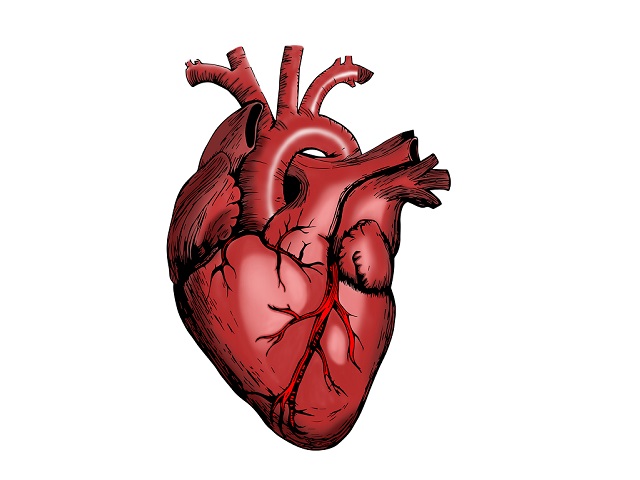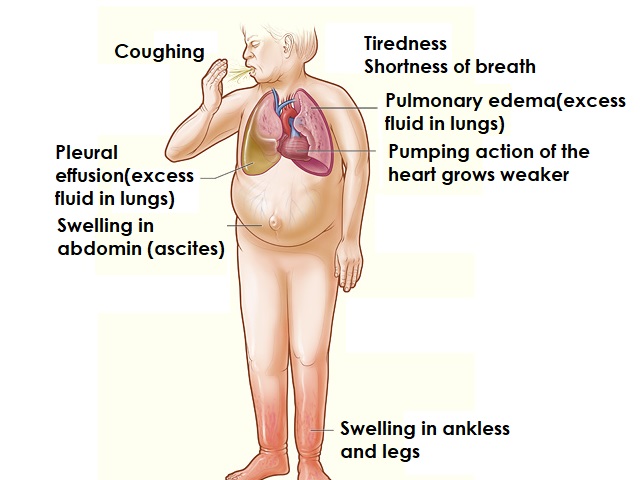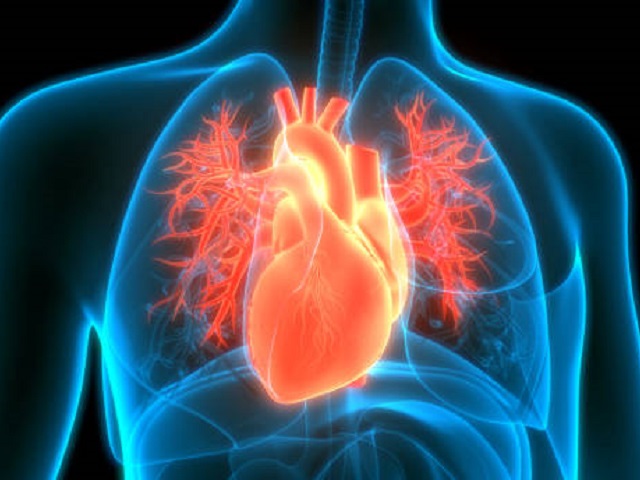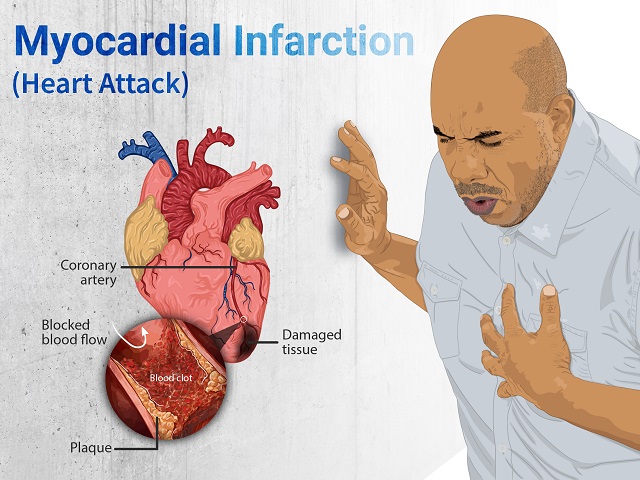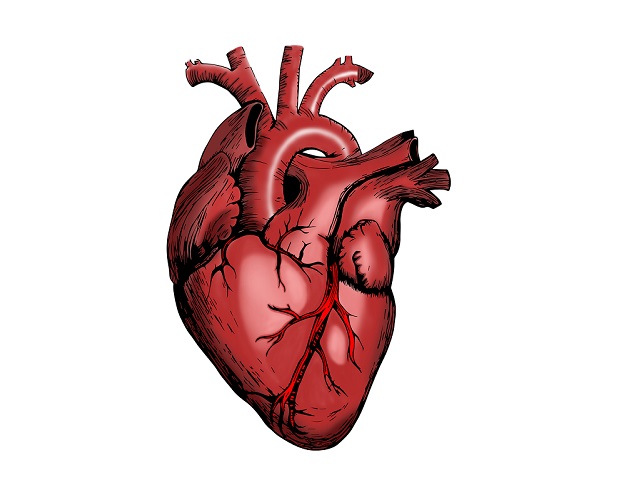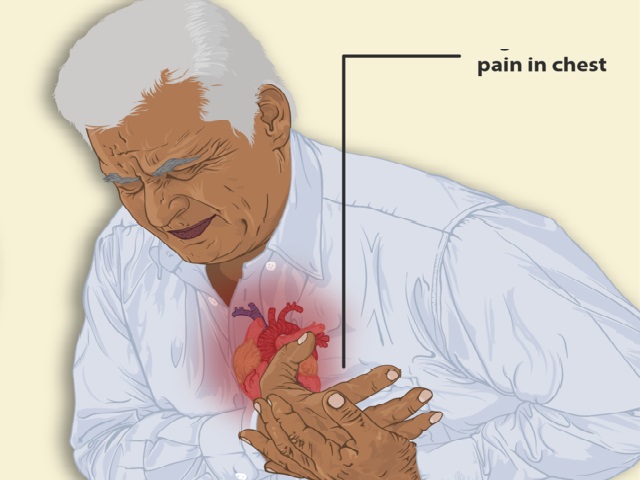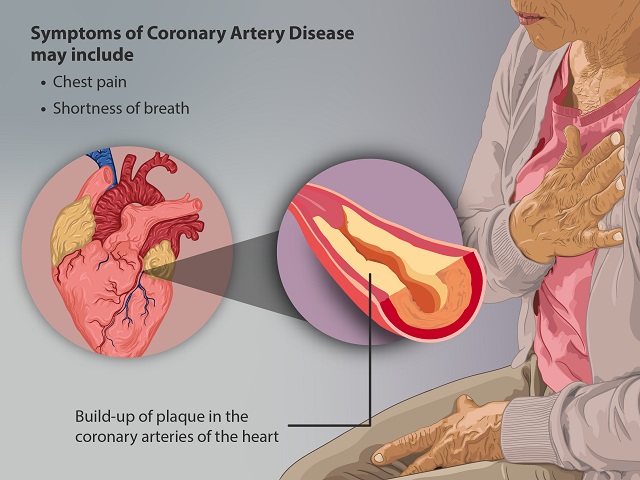7 Signs You May Have Congenital Heart Defects -- Symptoms, Causes, Effects, Treatment and Prevention
Congenital heart defects (CHDs) are structural abnormalities of the heart that are present at birth. These defects can affect the heart's walls, valves, or blood vessels, and they can vary in severity from mild to life-threatening.
Symptoms of Congenital Heart Defects
The symptoms of congenital heart defects can vary depending on the type and severity of the defect. Common symptoms may include:
- Bluish tint to the skin, lips, and nails (cyanosis)
- Rapid breathing or difficulty breathing
- Poor feeding or difficulty gaining weight
- Fatigue and easily tiring during activities
- Swelling in the legs, abdomen, or areas around the eyes
- Heart murmur (an abnormal sound heard during a heartbeat)
- Frequent respiratory infections
Diagnosis of Congenital Heart Defects
Congenital heart defects are usually diagnosed during pregnancy or shortly after birth. Diagnostic methods may include:
- Fetal ultrasound: This imaging technique can detect some heart abnormalities during pregnancy.
- Echocardiogram: A specialized ultrasound of the heart that provides detailed images of the heart's structure and function.
- Electrocardiogram (ECG): This test measures the electrical activity of the heart and can identify abnormal heart rhythms.
- Chest X-ray: X-ray images can help visualize the heart and detect any abnormalities.
- Cardiac catheterization: In some cases, a thin tube (catheter) is inserted into a blood vessel and guided to the heart to assess its structure and function in more detail.
Causes of Congenital Heart Defects
The exact causes of congenital heart defects are often unknown, but certain factors can increase the risk. These include:
- Genetic factors: Some congenital heart defects can be inherited or result from genetic abnormalities.
- Chromosomal disorders: Certain genetic conditions, such as Down syndrome or Turner syndrome, are associated with an increased risk of CHDs.
- Maternal factors: Factors during pregnancy, such as maternal diabetes, obesity, smoking, or alcohol and drug use, can increase the risk of CHDs.
- Environmental factors: Exposure to certain medications, toxins, or infections during pregnancy may contribute to the development of CHDs.
Effects of Congenital Heart Defects
The effects of congenital heart defects can vary depending on the type and severity of the defect. Some effects may include:
- Impaired heart function: CHDs can affect the heart's ability to pump blood effectively, leading to symptoms such as fatigue, poor growth, and difficulty breathing.
- Cyanosis: Some CHDs can result in a lack of oxygenated blood reaching the body's tissues, causing a bluish discoloration.
- Heart failure: In severe cases, CHDs can lead to heart failure, where the heart is unable to meet the body's demand for oxygen and nutrients.
- Developmental delays: In some instances, CHDs can affect a child's growth and development, including physical and cognitive abilities.
Treatment and Prevention of Congenital Heart Defects
Treatment options for congenital heart defects depend on the specific defect and its severity. Treatment may include:
- Medications: Some medications can help manage symptoms, improve heart function, and prevent complications.
- Catheter-based procedures: Certain defects can be repaired using catheter-based techniques, which involve guiding a thin tube (catheter) through blood vessels to the heart to correct the defect.
- Open-heart surgery: In more complex cases, open-heart surgery may be required to repair or replace heart valves, close holes, or correct other structural abnormalities.
- Heart transplantation: In severe cases where the heart is severely damaged or functionally impaired, a heart transplant may be considered.
- Prevention: While it may not be possible to prevent all congenital heart defects, certain measures can reduce the risk. These include prenatal care, maintaining a healthy lifestyle during pregnancy, avoiding exposure to harmful substances, and genetic counseling for families with a history of congenital heart defects.
References:
American Heart Association. (2021). Congenital Heart Defects. Retrieved from https://www.heart.org/en/health-topics/congenital-heart-defects
Mayo Clinic. (2021). Congenital Heart Disease. Retrieved from https://www.mayoclinic.org/diseases-conditions/congenital-heart-disease/symptoms-causes/syc-20354585
National Heart, Lung, and Blood Institute. (2020). What Are Congenital Heart Defects? Retrieved from https://www.nhlbi.nih.gov/health-topics/congenital-heart-defects



